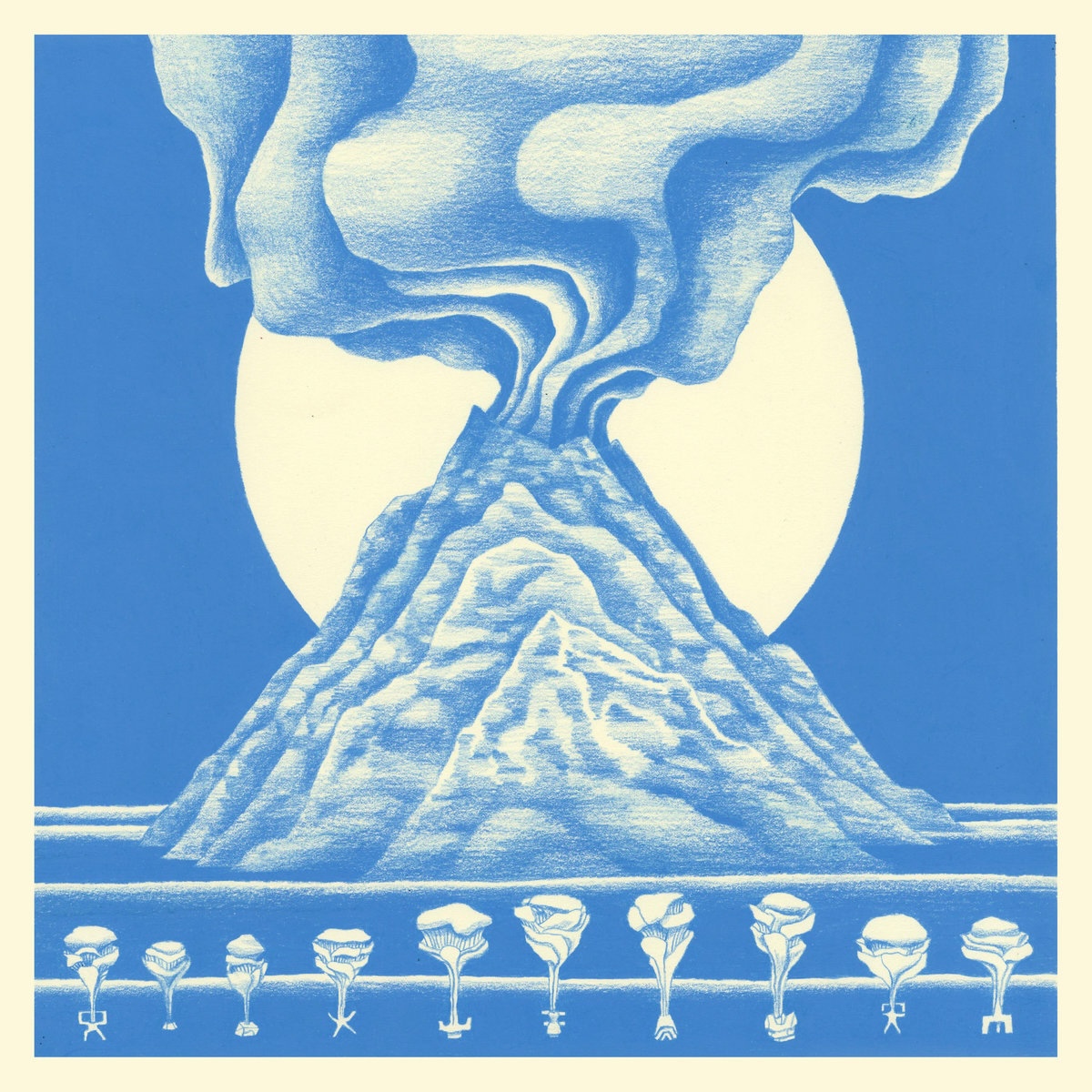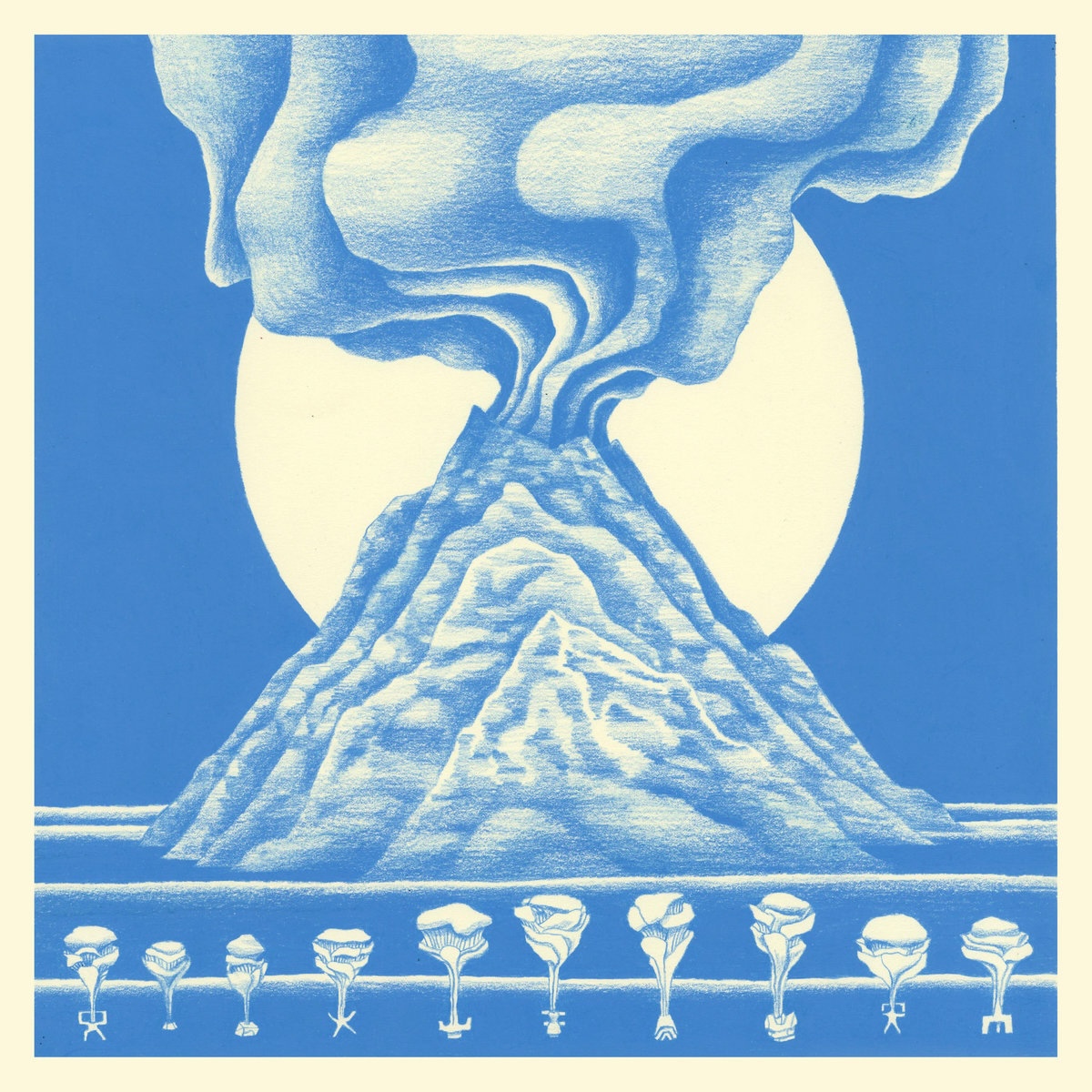As a member of the hardcore outfit the Armed and the atmospheric jazz collective Fuubutsushi, Patrick Shiroishi has proven that he can handle both aggressive thrash and evocative ambience with finesse. For his latest solo project, he balances both, and creates something fraught and angry, yet strangely serene.
Forgetting Is Violent begins with a voice speaking in Japanese. Other voices join the speaker, forming an overlapping chorus. “To protect our family names,” at first reflective, grows more urgent and insistent, one narrative turning into a litany of laments. Shiroishi enters with a rapid-fire series of chromatic high notes, all texture and tension, highlighting the rising tide of distress. Shiroishi’s sax increases with the number of voices, his frantic lines replicating, doubling and piling on top of each other via loops and delay, a method that avoids the cookie-cutter neatness of overdubs. The voices continue, but in the background, as if over a distant loudspeaker. A menacing, monolithic rumble enters, courtesy of guitar from Aaron Turner, of heavy titans Sumac and Isis. The guitar expands, obliterating the voices, but the song, instead of growing more frantic, takes shape, with a gentle but stubborn sustained tone working its way out of the chaos.

This tone vaults us into the next track, a quiet, brooding meditation that moves in slow exhalations. Shiroishi changes his atonal hummingbird attack of the album’s first few minutes for a simple four-note melody that moves with a soothing regularity. Bolstered by guitar feedback and echoey tremolo from Turner and Gemma Thompson (Savages), “Mountains that take wing” has an immense tenderness that only increases as the guitars grow stickier and more commanding. There’s feral noise here, just as there is in “To protect our family names,” but now it’s controlled and tempered. By juxtaposing such slabs of heaviness with gestural slivers of grace, Shiroishi creates a complex narrative that feels simple, telling a powerful story in hints and implications that never overpower his eerily visceral music.
Vocals and dialogue suggest themes without spelling them out. A song titled “…what does anyone want but to feel a little more free?” opens with a sample of someone intoning, “The world equals wilderness equals darkness equals death.” Another voice, again sounding like a loudspeaker but closer this time, speaks of “unhappy sojourners in a world of woes and wants,” while Shiroishi plays a hesitant series of warped, flutelike notes. Hymnlike vocals from Faith Coloccia set up a spoken-word section from Shiroishi’s aunt, recalling her childhood experiences with racism. Meanwhile, the song “There is no moment in my life in which this is not happening” features an incantatory call to prayer or a funeral lament, accompanied by a spectral drone and what sounds like the rattling of old teeth in a dead jaw. Toward the end, a guttural, ghostly croak manifests, and what began as a sacred ceremony now seems like an eldritch rite.
Shiroishi dials it back during the album’s second half, with a suite of four tracks held together by the sound of surf, a steady drone, solemn foghorn notes, and keening vocals. These wispy moans should sound doleful or dreary, but instead they possess a mystical illumination, like wordless koans discharged into the deep. By the time some truly gnarly guitar feedback from Mat Ball (Big Brave) arrives in the final track, what began as a descent into the maelstrom has become a testament to tranquility. If forgetting is violent, Shiroishi’s aggressive act of remembering can bring its own brutal solace.




